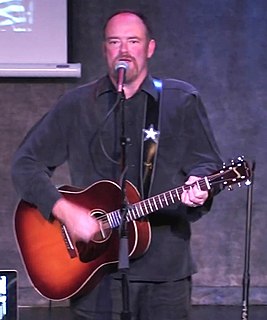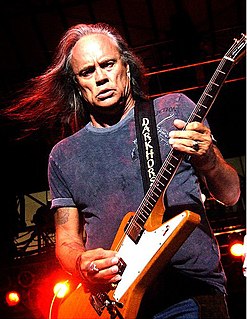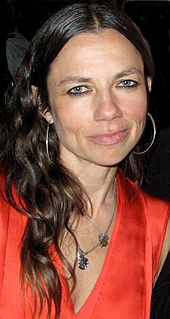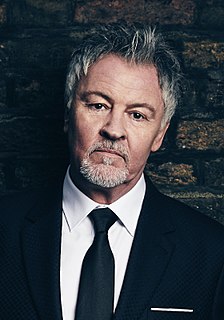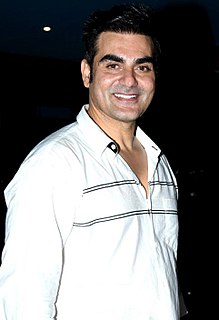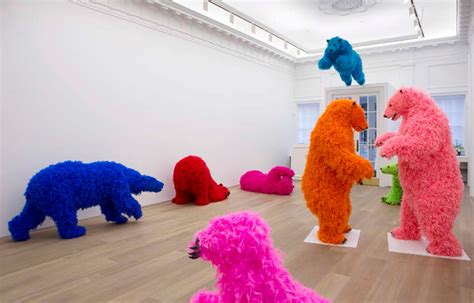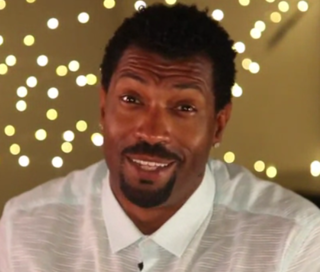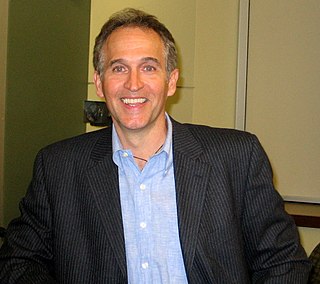A Quote by John Carter Cash
When my father was, you know, a very big artist in the 1970s and then later up through the '80s. And then I began playing guitar with him in the road in the late '80s until he retired in 1997. So I traveled the world with them for years, you know, and all around the world and got to meet some great people.
Related Quotes
I would get bullied a lot. You know, it was the '70s and '80s, so it was a lot of racism back then towards Indian people. And it wasn't actual hatred, it was just that blind, 'Let's pick on that guy.' You know, and you've got to figure that I was a very small kid. And I had a big mouth, so I'm sure that didn't help.
You know when sometimes you meet someone so beautiful — and then you actually talk with them, and five minutes later they're as dull as a brick. But then there's other people, and you meet them and you think: "Not bad, they're okay," and then you get to know them, and their face sort of becomes them, like their personality's written all over it; and they just — and they turn into something so beautiful.
When you grow up, some areas of the world are out of your knowledge - especially when I grew up, in the '70s and '80s. Now, you have access to everything, but back then you did not because of the way the media was, and society imposed more directions, structures, and restrictions. It's not like art was prohibited, but art was not something that the people around me presented. So I developed it very much on my own growing up.
This is going to sound strange, but I really feel I know Roland very well. In Wizard and Glass, I got to know the young Roland, and then as I traveled with him from Eluria (found in the story "The Little Sisters of Eluria") through Tull and the Mohaine Desert (The Gunslinger), and then all the way to the Dark Tower.
In high school, I actually thought I was going to have to learn Japanese to work in technology. My big feeling was I just missed it, I missed the whole thing. It had happened in the '80s, and I got here too late. But then, I'm maybe the most optimistic person I know. I mean, I'm incredibly optimistic.
What people don't understand is that the underground that existed was created in the early 80s and was thriving throughout the 80s. Until the industry showed up it was a pretty significant network. It was all happening, but the smell of money had not wafted up high enough for the industry. It wasn't really until they came descending on Seattle that things really got out of control.
